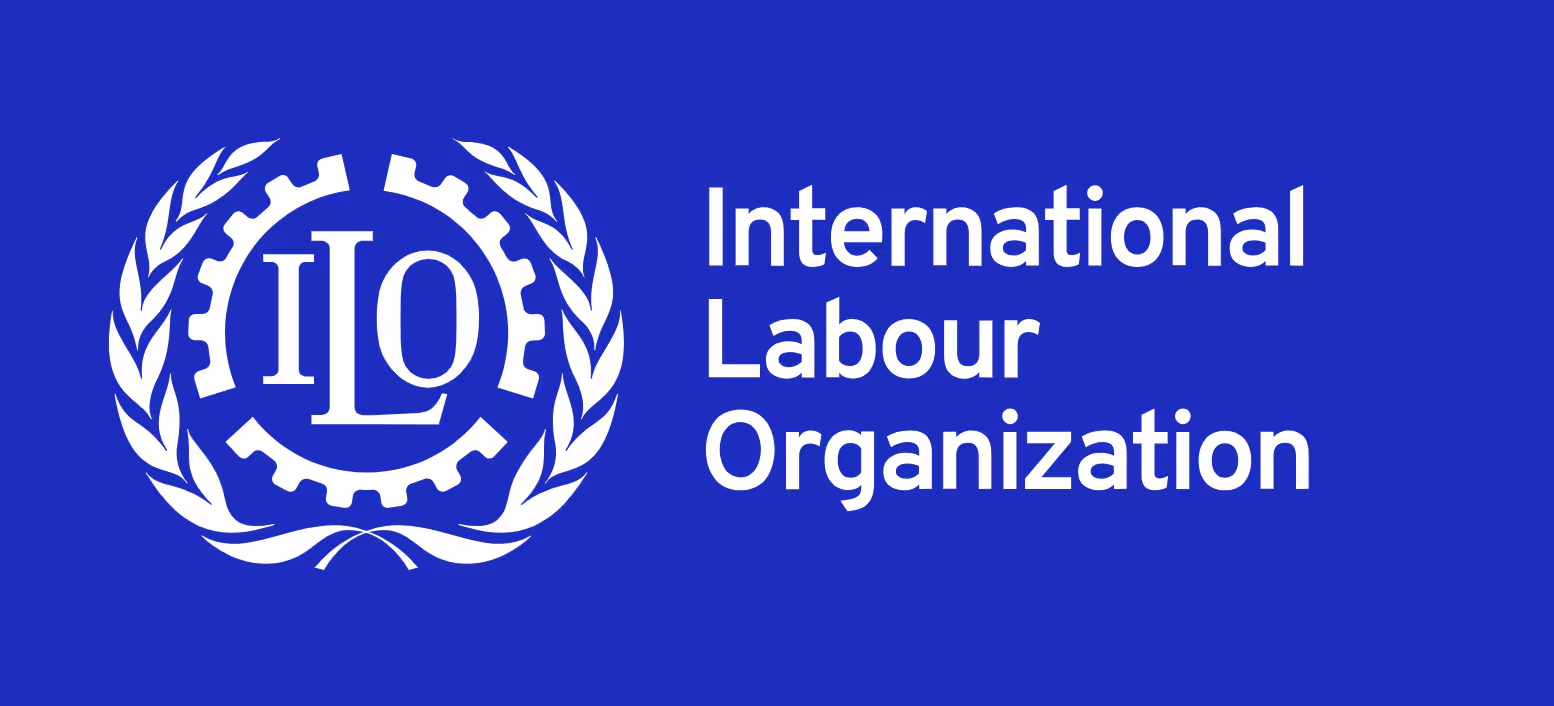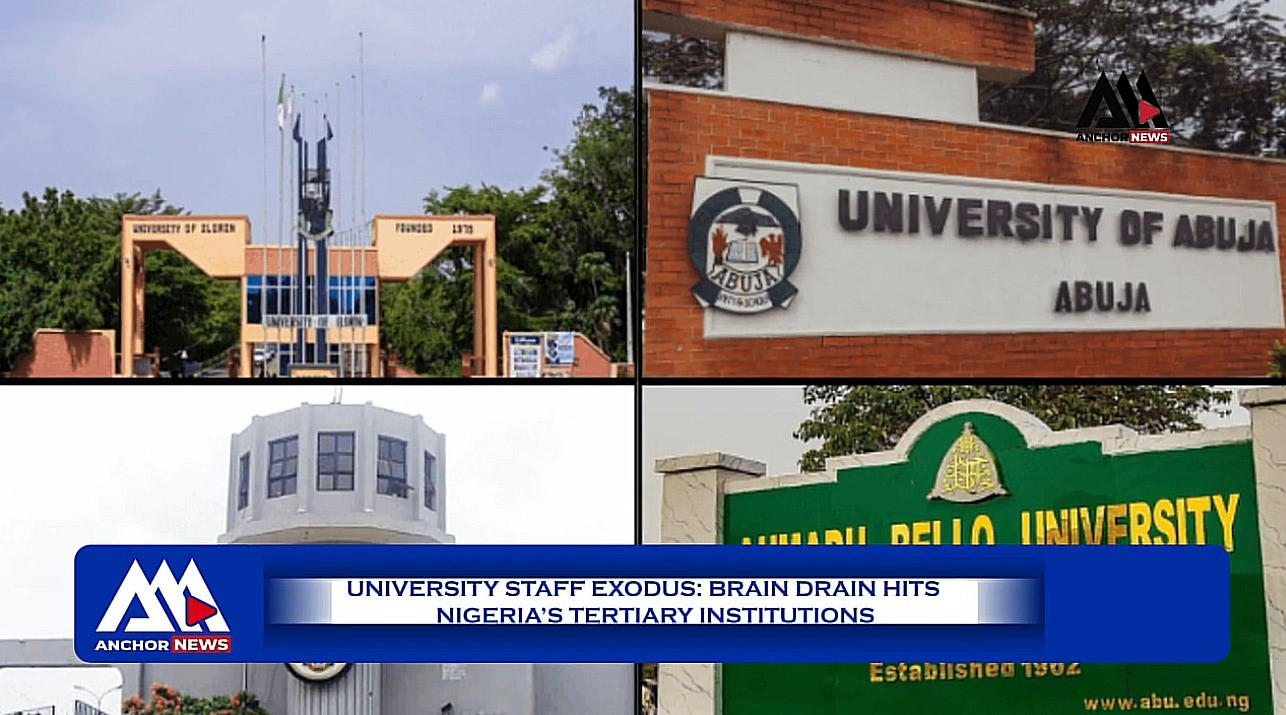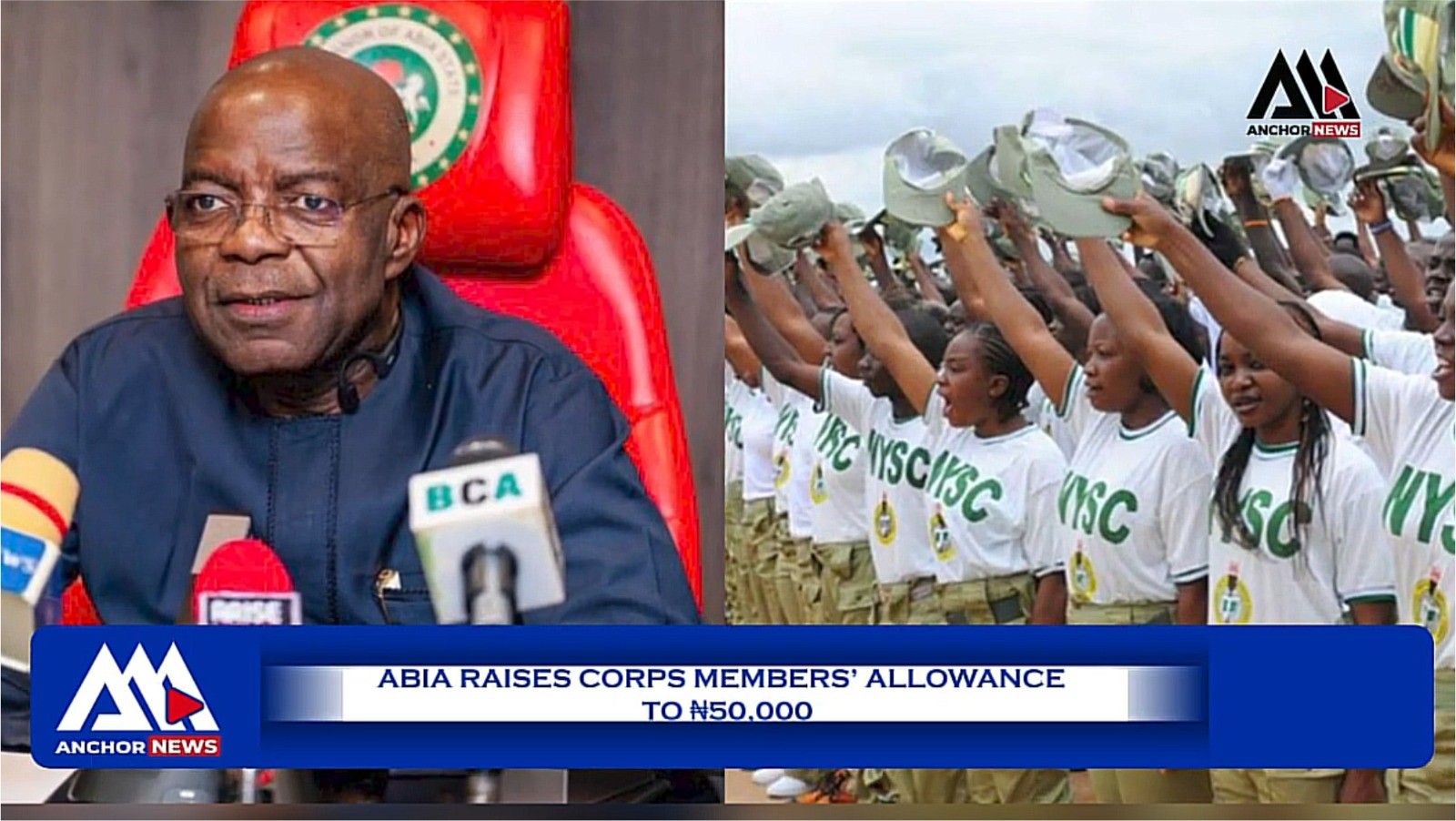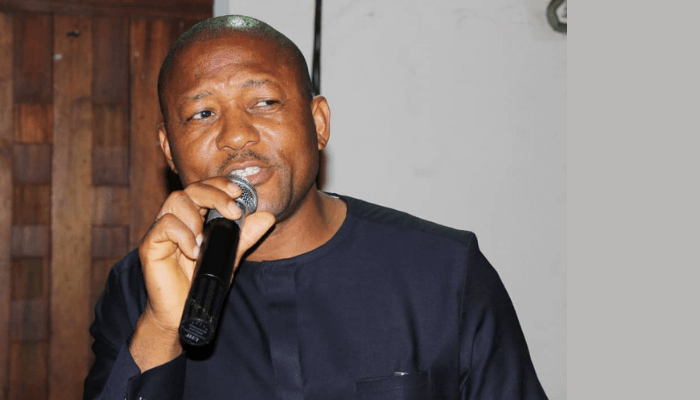
The Director-General of the International Labour Organization (ILO), Gilbert F. Houngbo, has reaffirmed the organisation’s mission to promote social justice amid global changes in the labour market.
Speaking at the opening of the 113th International Labour Conference (ILC) in Geneva, Houngbo stressed the enduring relevance of the ILO’s mandate in shaping fair and inclusive labour standards.
“The ILO’s normative mandate is more relevant than ever,” he said. “It is essential for creating a level playing field in today’s interconnected and fast-changing global economy.”
He called for policies that integrate economic, social, and environmental priorities, adding that employment must be an active outcome of development—not a passive by-product.
Houngbo acknowledged that global economic uncertainty and trade tensions pose risks to job creation and emphasised the need for institutional reform to enhance the ILO’s effectiveness.
“We must remain focused on our unique constitutional mandate while improving efficiency and impact,” he said.
Key items on this year’s agenda include: setting new standards for biological hazards at work; a first discussion on decent work in the platform economy; approval of the Draft Programme and Budget for 2026–2027; review of international labour standards implementation; a general discussion on formalising informal work; amendments to the Maritime Labour Convention (MLC) 2025 Code; and tripartite input into the upcoming 2025 Social Development Summit.
On 12 June, the ILO will also host the Second Global Coalition for Social Justice Forum, convening global partners to strengthen collaborative efforts on equity and workers’ rights.
Zimbabwe’s Minister of Public Service, Labour and Social Welfare, Edgar Moyo, was elected President of the Conference. He will be supported by Vice-Presidents Juan Castillo (Uruguay, Governments), Hamidou Diop (Senegal, Employers), and Hédia Arfaoui (Tunisia, Workers).
The conference runs until 13 June in Geneva.












